What’s the Buzz
The Bee Healthy Blog
What is the Fastest Way to Get Rid of Sinusitis?

Nearly 29 million Americans (almost 12% of the adult population) suffer from sinusitis. Acute sinusitis (also called a sinus infection) is an inflammation or swelling of the tissue that lines the sinuses. Please keep reading to learn more about this condition, including some of the best medications that can relieve symptoms of sinusitis fast.
What are the sinuses?
The sinuses are four pairs of air-filled spaces in the skull. They are called the frontal, sphenoid, maxillary, and ethmoid sinuses. The sinuses are located behind the forehead, eyes, cheeks, and nasal bones and are connected by narrow channels.
Healthy sinuses do not contain any germs. They make thin mucus that drains out through the nose. The drainage keeps the sinuses free of germs and allows air to flow freely through the sinuses.
What causes a sinus infection?
A sinus infection or sinusitis occurs when fluid collects in the air-filled cavities and blocks the sinuses. This allows germs to grow inside the sinuses. Most sinus infections are caused by viruses, although some may be caused by bacteria.
Risk factors for sinusitis include the common cold, seasonal allergies, exposure to smoke or secondhand smoke, congenital anomalies, and a weakened immune system. Less commonly, structural problems, such as nasal polyps (growths in the nose), can lead to chronic sinusitis.
What are the symptoms of sinusitis?
Common symptoms of sinusitis include facial pain and facial pressure. Specifically, sinusitis tends to cause throbbing pain and pressure around the eyes, which is worse with bending forward. Other symptoms of sinus infections include a runny nose, stuffy nose, headache, postnasal drip (mucus dripping down the throat), bad breath, sore throat, and cough.
Symptoms of frontal sinusitis
Headache, pressure or heaviness behind the eyes, and nasal discharge.
Symptoms of sphenoid sinusitis
Headache, pain behind the eyes, earache, pain in the temples, and neck pain.
Symptoms of maxillary sinusitis
Facial pain in the cheek area, which is worse with stooping or straining, tenderness in the cheek area, upper jaw pain, and teeth sensitivity.
Symptoms of ethmoid sinusitis
Swelling, tenderness, and pain around the eyes, tenderness between the eyes and at the nasal bridge, and a runny nose.
What are the best medications for sinusitis and sinus headaches?
Most cases of acute sinusitis benefit from over-the-counter medications. If symptoms are severe and do not get better with OTC products, doctors may prescribe antibiotics or other prescription medications. Here are some of the best treatments for sinusitis relief.
Decongestants
Decongestants help to reduce inflammation, nasal congestion, and sinus pressure. They provide relief from pain and stuffiness in swollen nasal passages and make it easier for you to breathe. These medications work by narrowing the blood vessels.
Examples of nasal decongestants include over-the-counter (OTC) products like:
- Nasal sprays, which start working quickly but provide shorter-term relief. Examples are Afrin, Dristan, Mucinex, and Vicks Sinex.
- Oral tablets, which take longer to start working but provide longer-lasting relief, for example, Sudafed.
Keep in mind that although a nasal decongestant may be available without a doctor’s prescription, it can still cause adverse effects such as a pounding heart, changes in heart rhythm, high blood pressure, and excessive dryness.
Use decongestants with caution. These medicines should only be used for 2-3 days. Prolonged use of decongestant medications can lead to a rebound effect and increased congestion. Talk to your doctor about the right treatment for your sinusitis if you’re not sure how to use these medications.
Steroid nasal sprays
These nasal sprays contain steroid medicine to help relieve sinus congestion, swelling, and inflammation. They also help with allergy symptoms like sneezing, runny nose, and itching. There is minimal absorption of the steroids into the bloodstream; steroid nasal sprays are generally well tolerated. Examples include Flonase, Nasacort, Nasonex, and others. Keep in mind that it can take 1-3 weeks for steroid nasal sprays to relieve symptoms.
Antihistamines
Antihistamines mainly target allergy symptoms caused by pollen or pet dander, for example. They can provide relief from sinusitis symptoms if allergies are the main cause of the discomfort. Antihistamines are available in various dosage forms, such as nasal sprays, eye drops, and oral tablets. Examples include Claritin, Zyrtec, Benadryl, and others. Side effects of antihistamines can include drowsiness and dry mouth.
Pain medications
Over-the-counter pain relievers such as acetaminophen (Tylenol), aspirin, and ibuprofen (Motrin, Advil) can help with sinusitis symptoms such as facial pain and headaches.
Antibiotics
Your doctor may prescribe a round of antibiotics if you have a bacterial sinus infection. The length of treatment will depend on whether you have acute sinusitis (10-14 days) or chronic sinusitis (up to 30 days). Remember that sinusitis caused by viruses, such as the viruses that cause the common cold, will not benefit from antibiotic medication. Antibiotics can only treat infectious diseases caused by bacteria.
Oral steroids
For patients with recurrent sinusitis or severe sinus congestion and sinus pressure, doctors sometimes prescribe a short course of oral steroids such as prednisone.
What are the best home remedies for sinus pressure?
Some of the home remedies that can help relieve sinus pressure and other sinusitis symptoms include:
- Inhaling steam from a pot of hot water or taking a hot shower.
- Breathing warm, moist air from a humidifier.
- Applying warm compresses to the areas of facial pain.
- Drinking plenty of fluids to stay well hydrated (this helps to thin the mucus and promotes sinus drainage).
- Using a neti pot or saline nasal spray to relieve nasal congestion.
References:
- https://www.cdc.gov/nchs/fastats/sinuses.htm
- https://www.cdc.gov/antibiotic-use/sinus-infection.html
- https://www.mayoclinic.org/diseases-conditions/acute-sinusitis/expert-answers/acute-sinusitis/faq-20058562
- https://my.clevelandclinic.org/health/diseases/17701-sinusitis
- https://www.ncbi.nlm.nih.gov/pmc/articles/PMC2564378/
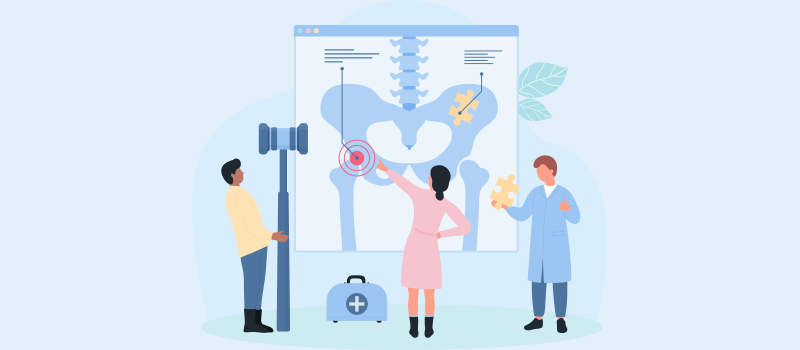

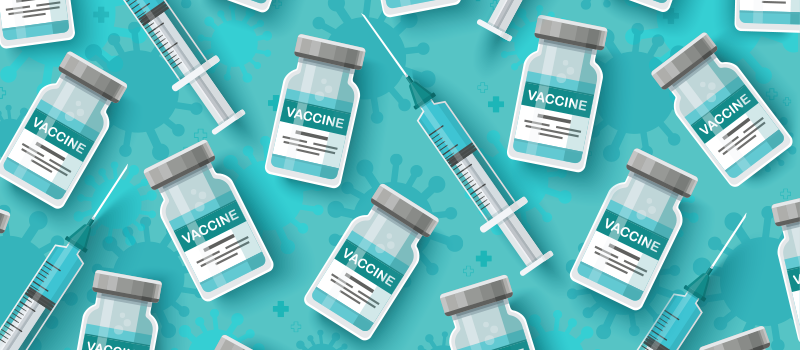
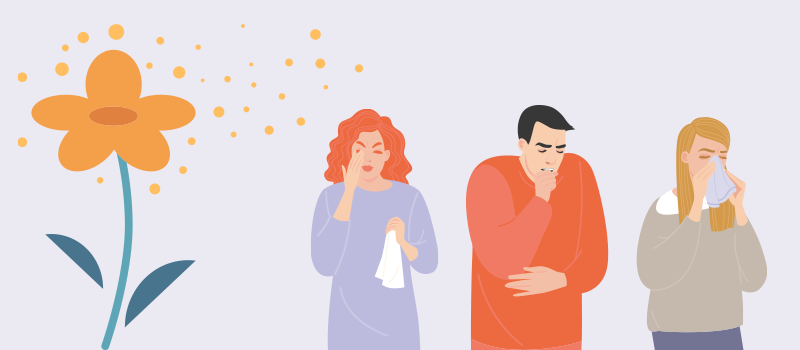
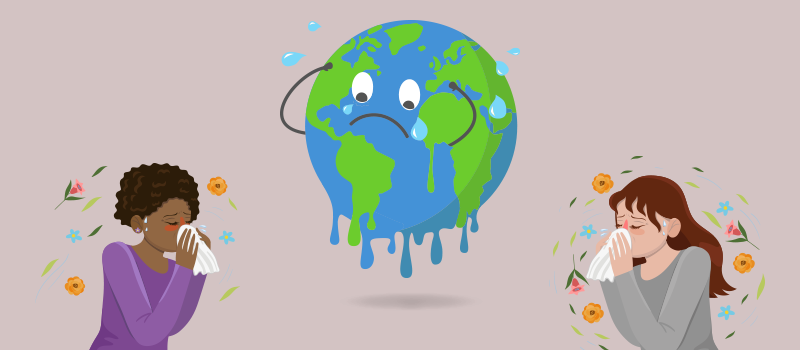



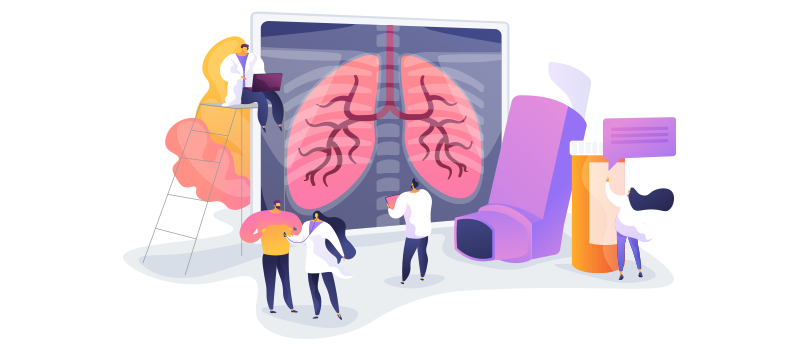
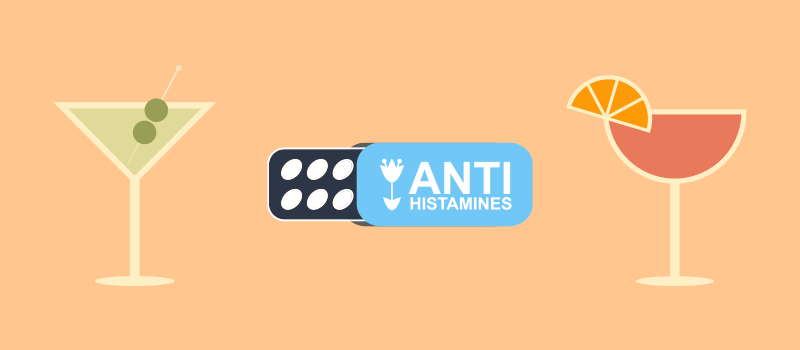
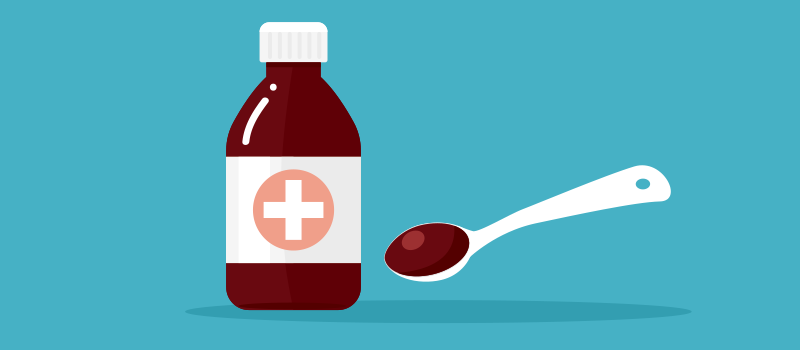

SOCIAL